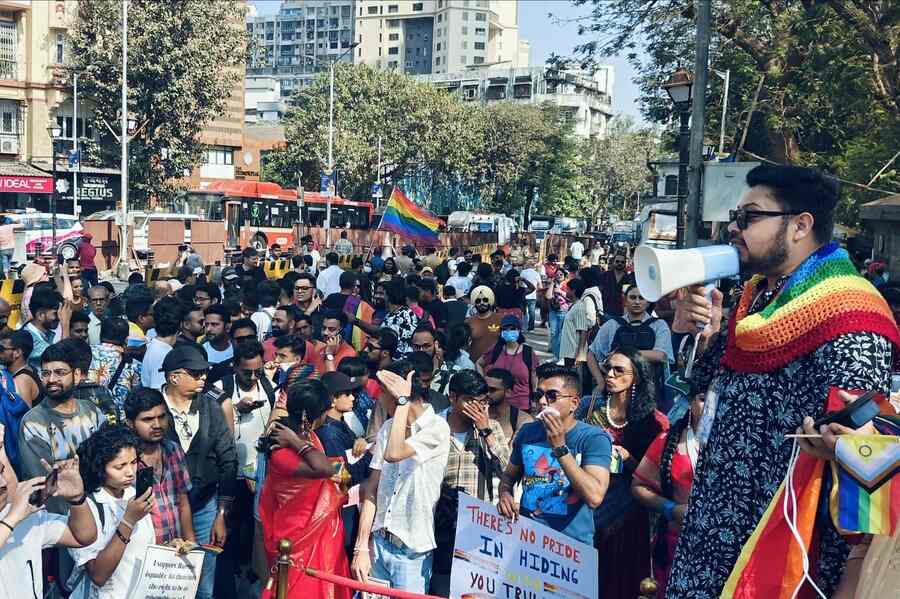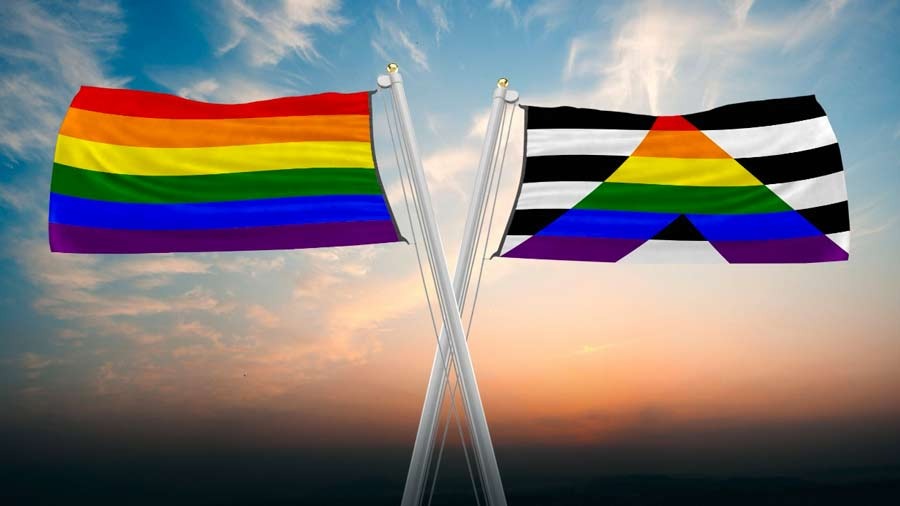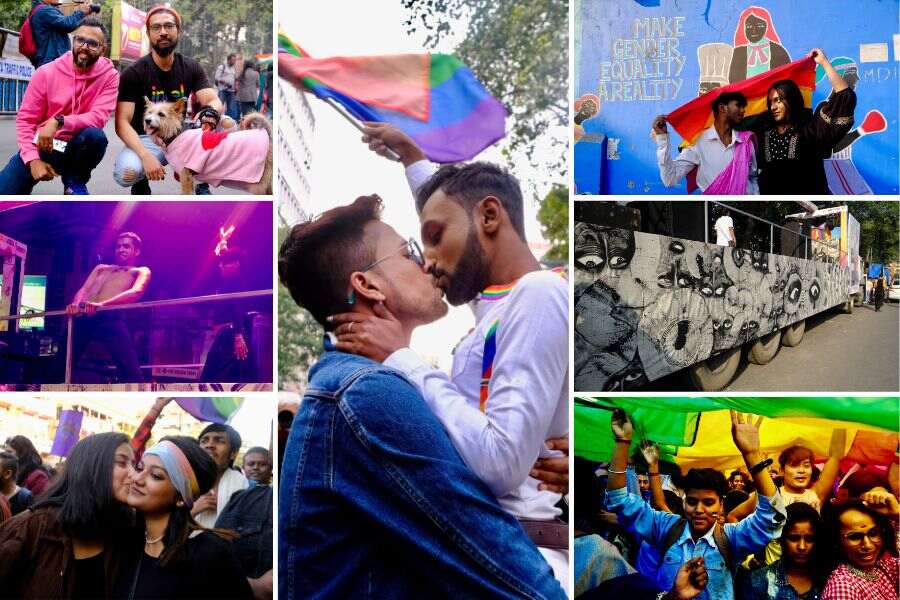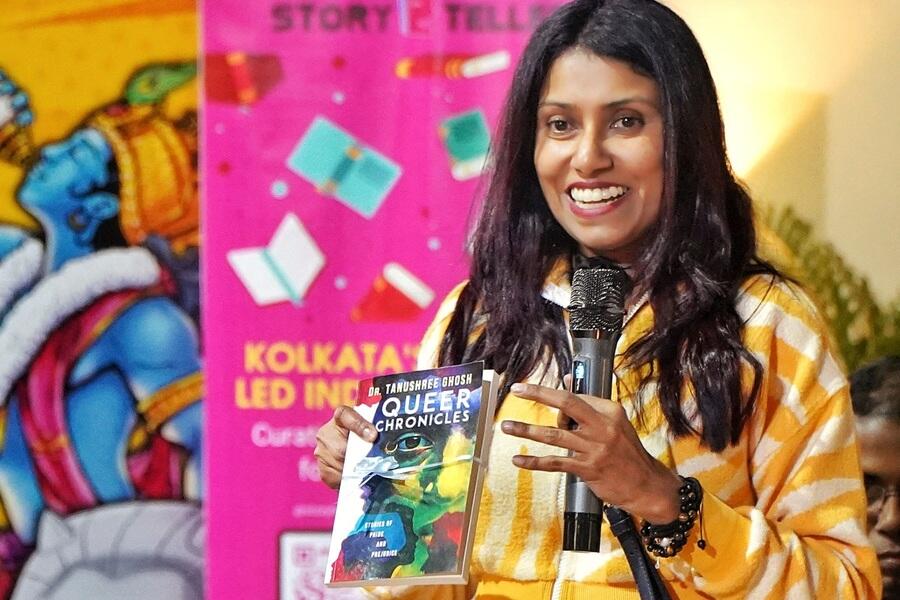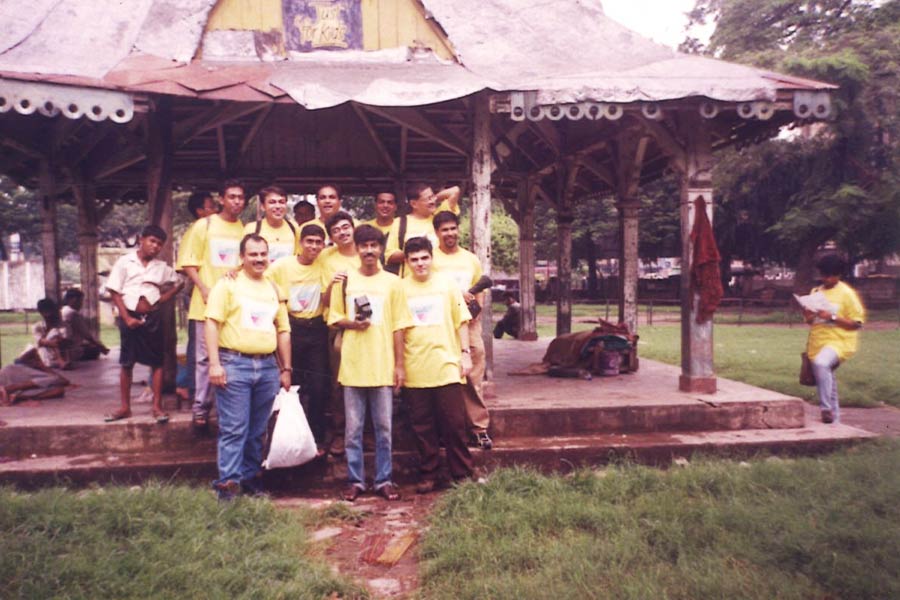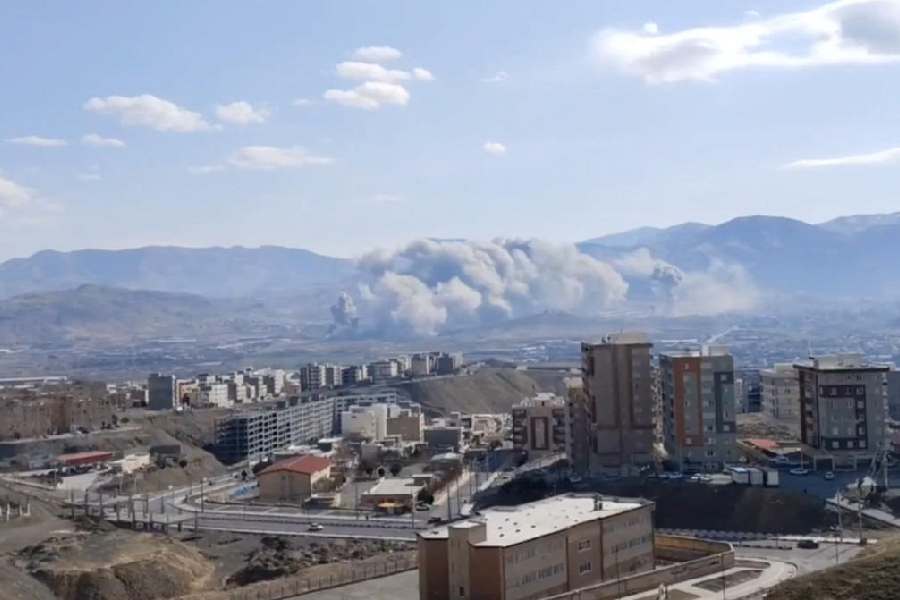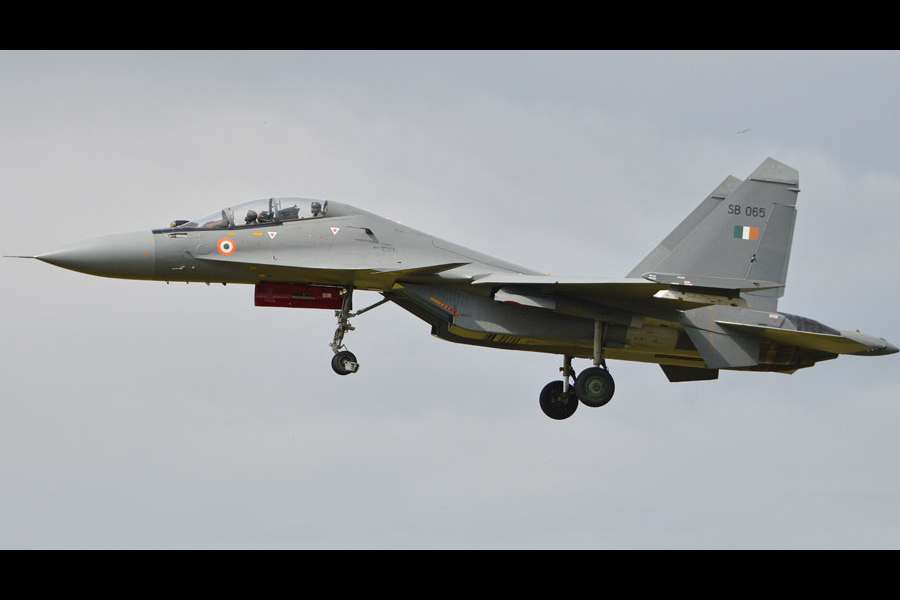The streets of Mumbai burst into a spectacle of rainbow colours as the Mumbai Queer Pride 2025 March took place on February 1. The annual event, a staple in the city’s calendar, was more than just a celebration — it was a statement. This year’s theme ‘No Going Back’, carried a strong message of resistance against discrimination, rejection of outdated norms, and an unwavering commitment to LGBTQIA+ rights. With drums beating, placards held high, and a sea of diverse individuals marching in unity, the event was a defining moment for the queer community and its allies.
A historic route with a message
Mumbai’s Pride Walk began at August Kranti Maidan, a site deeply rooted in India’s history, as the birthplace of the Quit India Movement. This connection to past struggles for justice was fitting, as marchers embarked on their own fight for equality. The route took participants through Grant Road passing Nana Chowk, Frere Bridge, N Powell Junction, Lamington Road, and to Royal Opera House Junction, before returning to August Kranti Maidan via Kennedy Bridge.
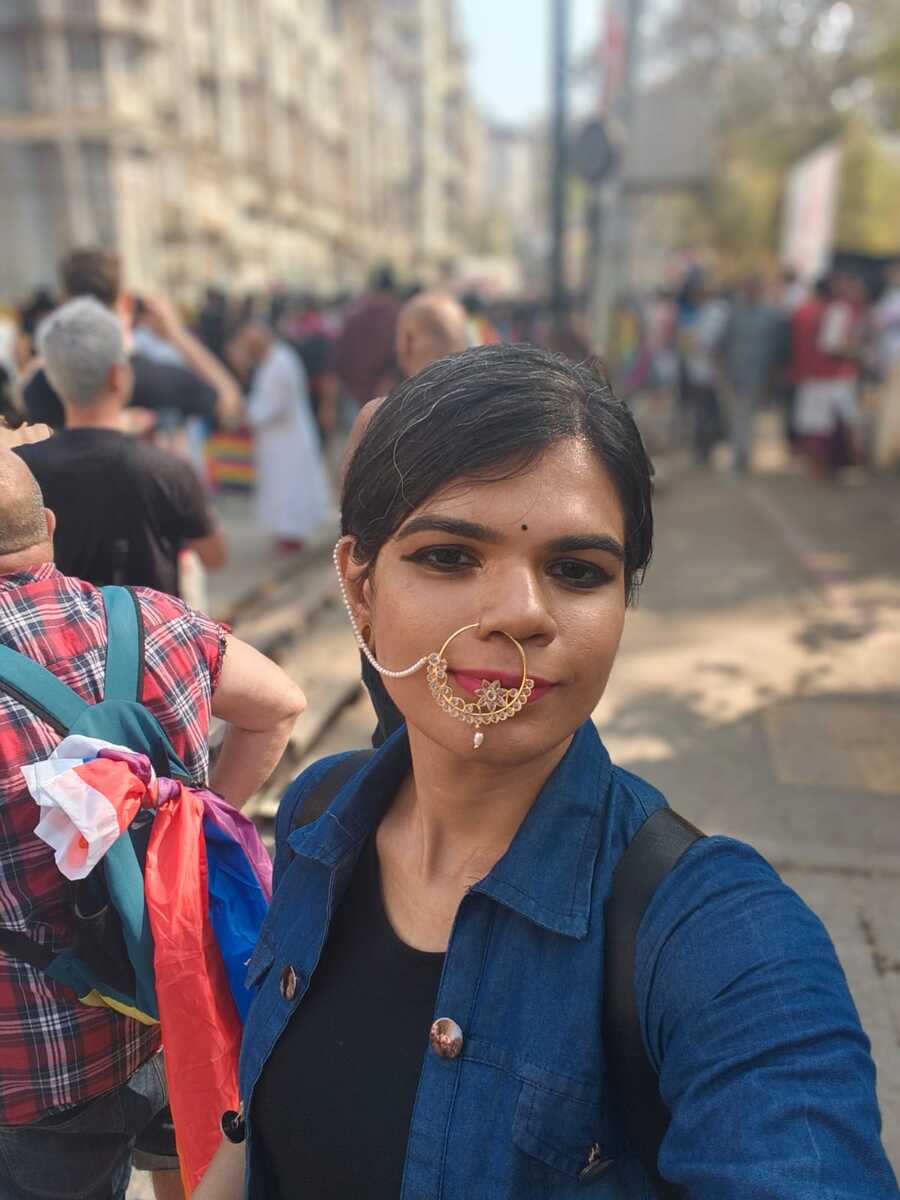
Shakti takes a beautiful selfie at the Pride March Courtesy Shakti
Mumbaikar Shakti, who identifies as a trans-woman, has been part of the Pride walk for years and has seen it grow. “The Pride March keeps getting bigger and bigger. The first time I attended was years ago. It started with only a few people and now there are so many attendees that it’s impossible to meet all of them. It’s wonderful to see such a diverse group of people, along with corporations, families and, of course, partners, coming together to celebrate,” said Shakti.
A united front for queer rights
Organised by the Mumbai Queer Pride collective, the march was a result of voluntary efforts from individuals, advocacy groups, and organisations working towards a common goal: securing rights, representation, and social change for the LGBTQIA+ community. The collective, which includes both formal and informal groups, has long been a driving force in raising awareness, fostering safe spaces, and advocating for policy changes in India.
Kolkatan Shazia Ayub specially flew to Mumbai to attend the event this year. “I attended both the Kolkata Pride March and the one in Mumbai. Once in a while, it feels good to be surrounded with other members of the community as it reminds me that I am not alone. It’s a space where I feel celebrated as opposed to tolerated (in some situations). I also reconnected with my old queer friends who have stood by me through thick and thin,” said Shazia.
The Pride Walk was not just a momentary outburst of joy but a continuation of a larger movement. Calls for social, economic, and political inclusion rang through the streets, as marchers reminded the nation that LGBTQIA+ individuals deserve the same protections and opportunities as any other citizens.
The future: No going back, only forward
While the atmosphere was joyous, there was also an underlying urgency.
Many marchers carried placards demanding stronger legal protections against discrimination, marriage equality, and workplace inclusivity. The #NoGoingBack theme was a direct refusal to return to an era where queer identities were hidden, criminalised, or ignored. The message was clear: progress has been made, but the fight is far from over.
“Till date there are many countries that discriminate against our community. Pride is a protest and space where we can feel safe. Despite the hate, we are here and our presence and contributions are essential to the world,” added Shakti.

